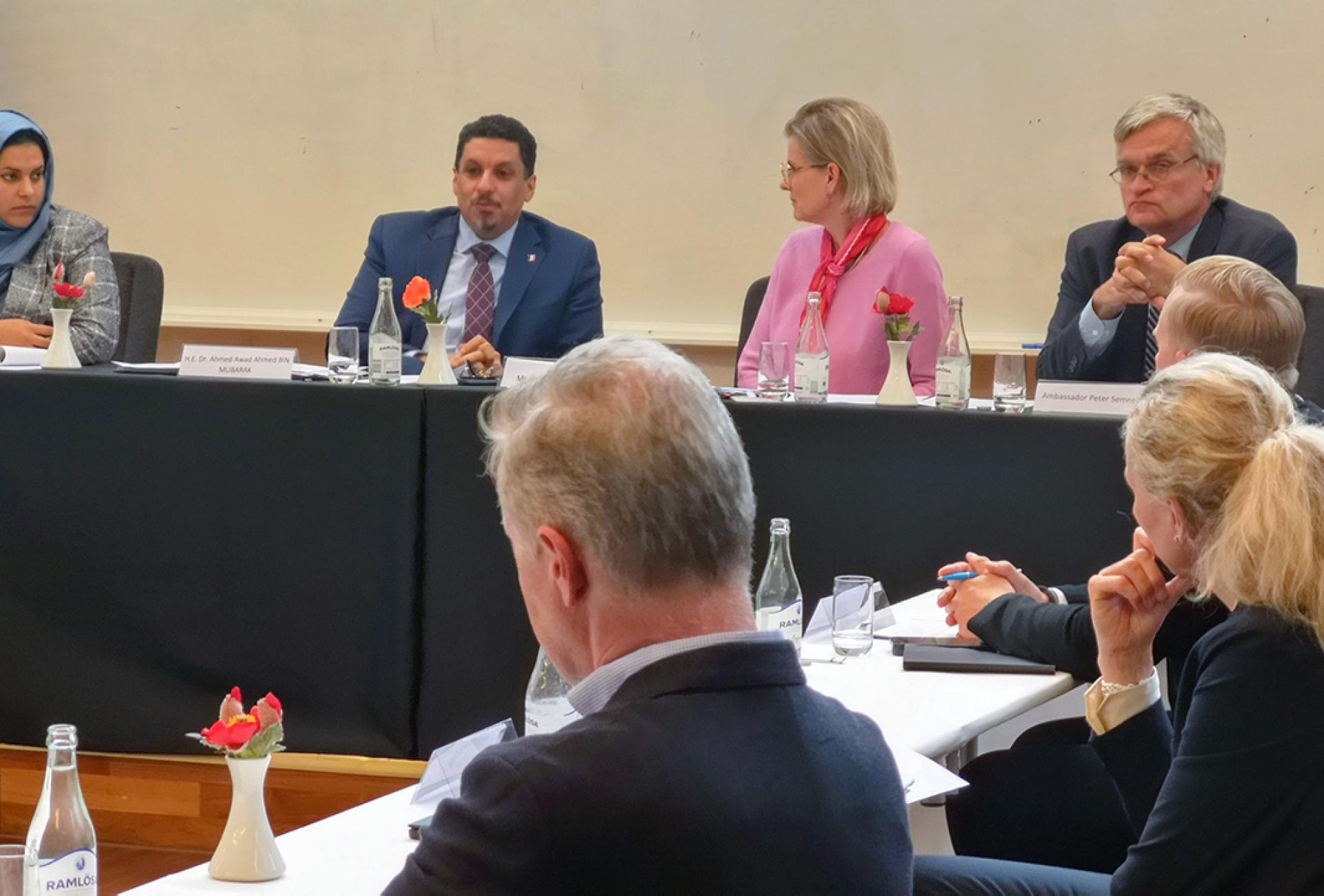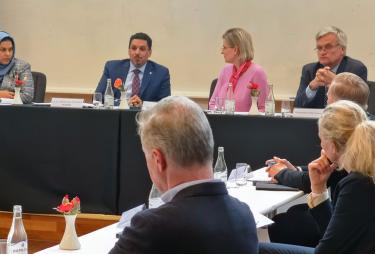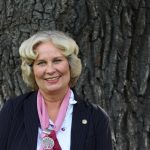Yemen’s foreign minister wanted to hear civil society’s analysis of the situation


Last week, Yemen’s Foreign Minister, Dr. Ahmed Awad Bin Mubarak, visited Sweden for talks on the serious situation in Yemen and Sweden’s support for international peace efforts. The Minister was keen to meet Swedish civil society organisations that have involvement in the country.
More than 21 million people in Yemen, two-thirds of the population, are in need of humanitarian aid. A famine threatens the country at a time when regional tensions are fuelling the conflict that has been going on since 2014 between the internationally recognized government and Houthi rebels.
SMC Faith in Development has long followed developments through the member organisations PMU and ADRA, which have partners in place. They mainly work with urgent needs such as food safety, healthcare and sanitation, but at the same time try to equip for the future with training efforts and organization in civil society for human rights and increased accountability from authorities.
SMC participated in talks with the Minister
In addition to meetings with the Foreign Ministry, Sida and the Riksdag’s Foreign Affairs Committee, Dr. Ahmed Awad Bin Mubarak wanted to meet with Swedish civil society organisations operating in Yemen to hear their analysis of the situation. Siri Karlsson, who heads ADRA Sweden, participated as a representative of SMC.
“I was specifically asked to share our experiences of working for resilience – i.e. resilience so that society can develop in the long term. My most important message was that both the international community and the Yemeni Government must secure the opportunity for help to arrive at the critical situation that often prevails, and help people to organise themselves in the long term in order to build a democratic society together where citizens can feel safe – not least women, children and young people.

Siri Karlsson leads ADRA Sweden, one of SMC’s member organisations
At present, Siri Karlsson believes that concrete solutions to the conflict are lacking and that the war has left both infrastructure and the country’s economy in tatters. It also complicates the work that the ADRA and PMU support in the country as their local partners have to find new ways into hard-to-reach areas and often wait a long time for permission to get started with their work.
International work in nexus is the way forward
“Stability in the country must be built from several different directions,” says Siri Karlsson. That’s what we call triple nexus. In other words, the way forward lies in integrating essentially three parts of international work: peace-building to get to the heart of the conflict; while providing security through humanitarian efforts among the people most affected by the conflict; and as soon as possible through long-term development cooperation so that the Yemeni people themselves can rebuild and govern their country.
The meeting was also attended by representatives of Sida, the Foreign Ministry, the Swedish Red Cross, Islamic Relief, Doctors Without Borders, Save the Children, Union to Union, Operation 1325 and the Yemeni Ambassador to Sweden, Sahar Mohammed Abduljabbar Ghanem.
In 2018, Sweden hosted UN-led talks between the Yemeni government and the Houthi rebels that resulted in the so-called Stockholm Agreement. Swedish Foreign Minister Ann Linde also visited Yemen earlier this year.
